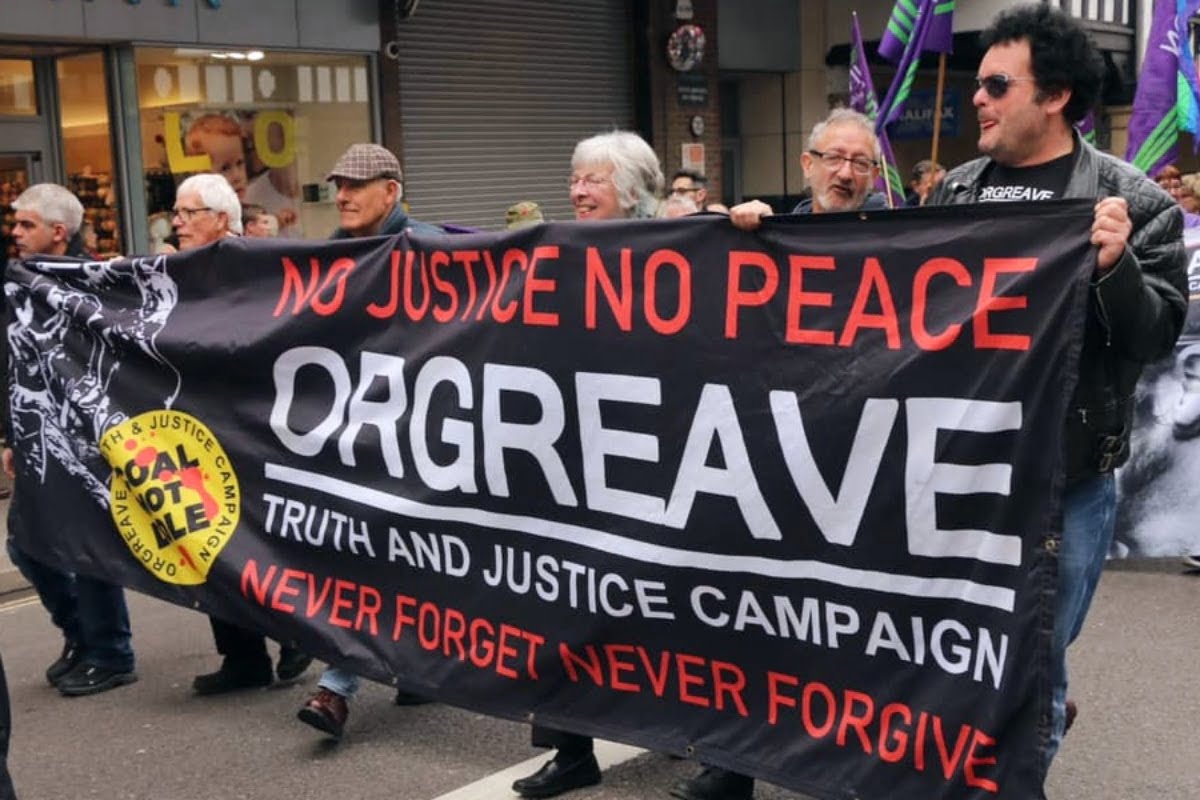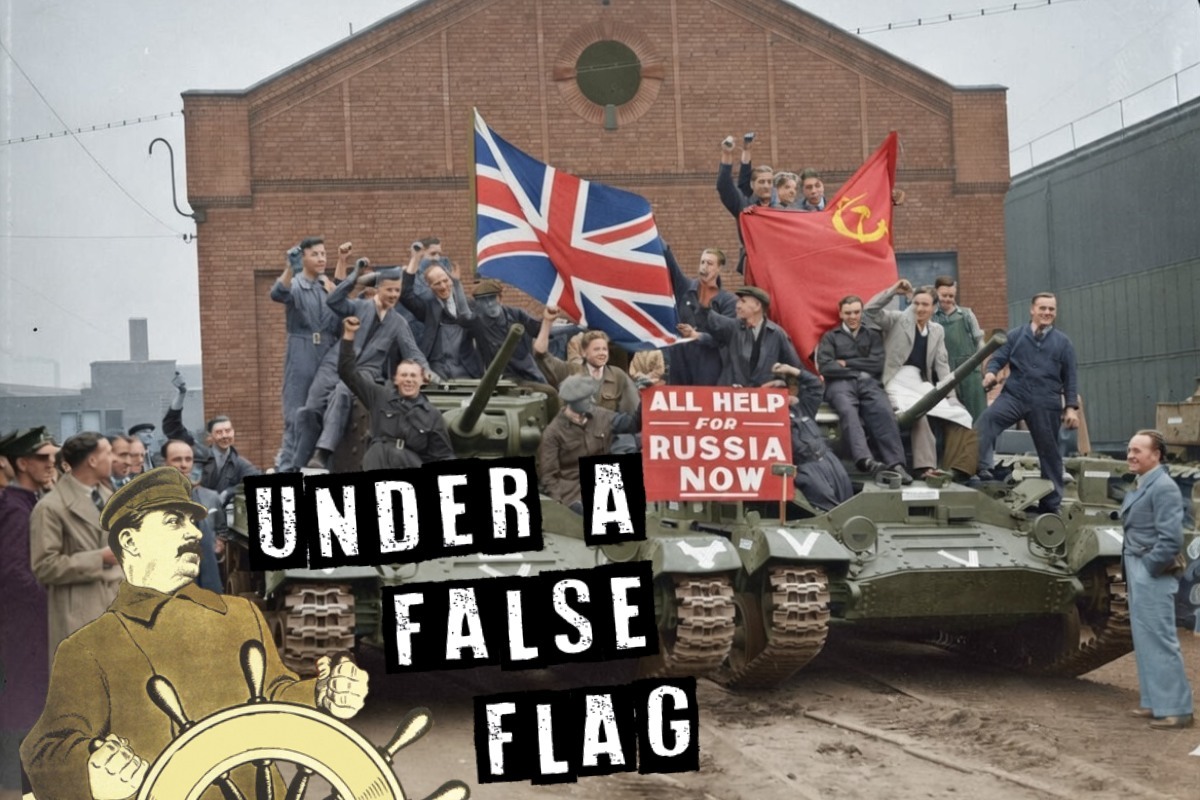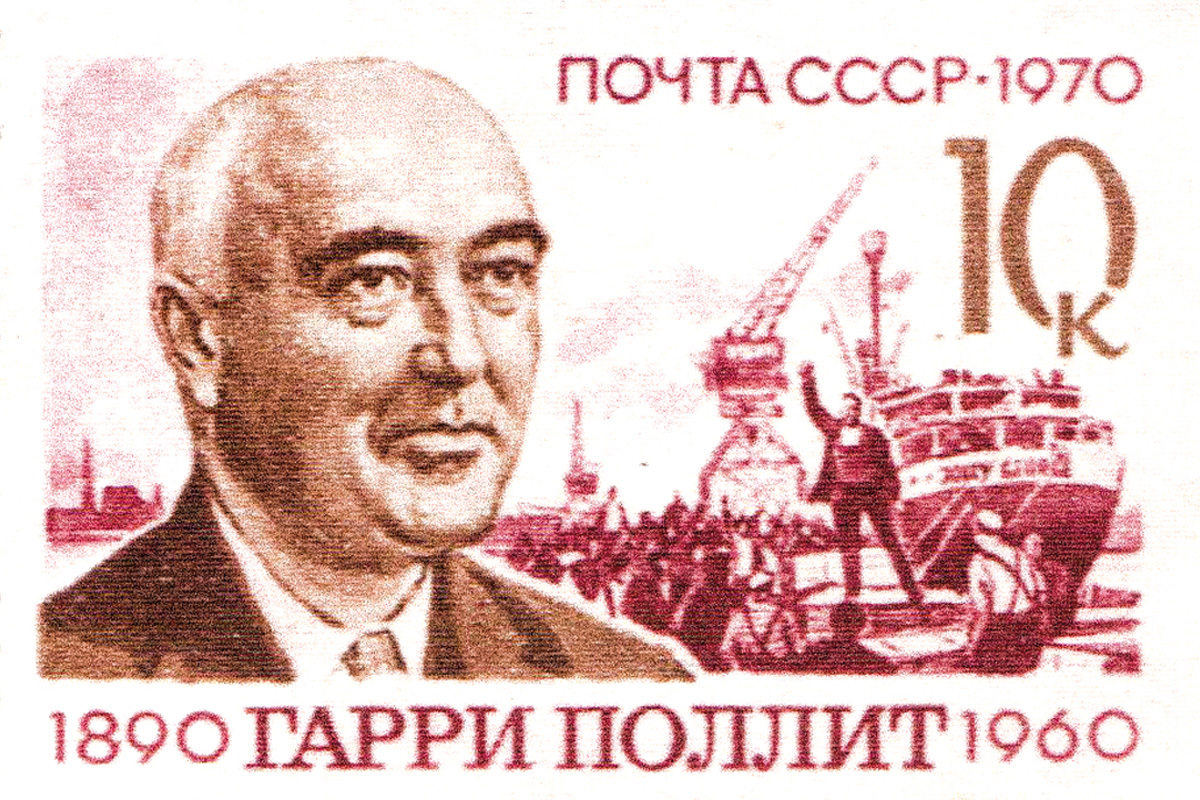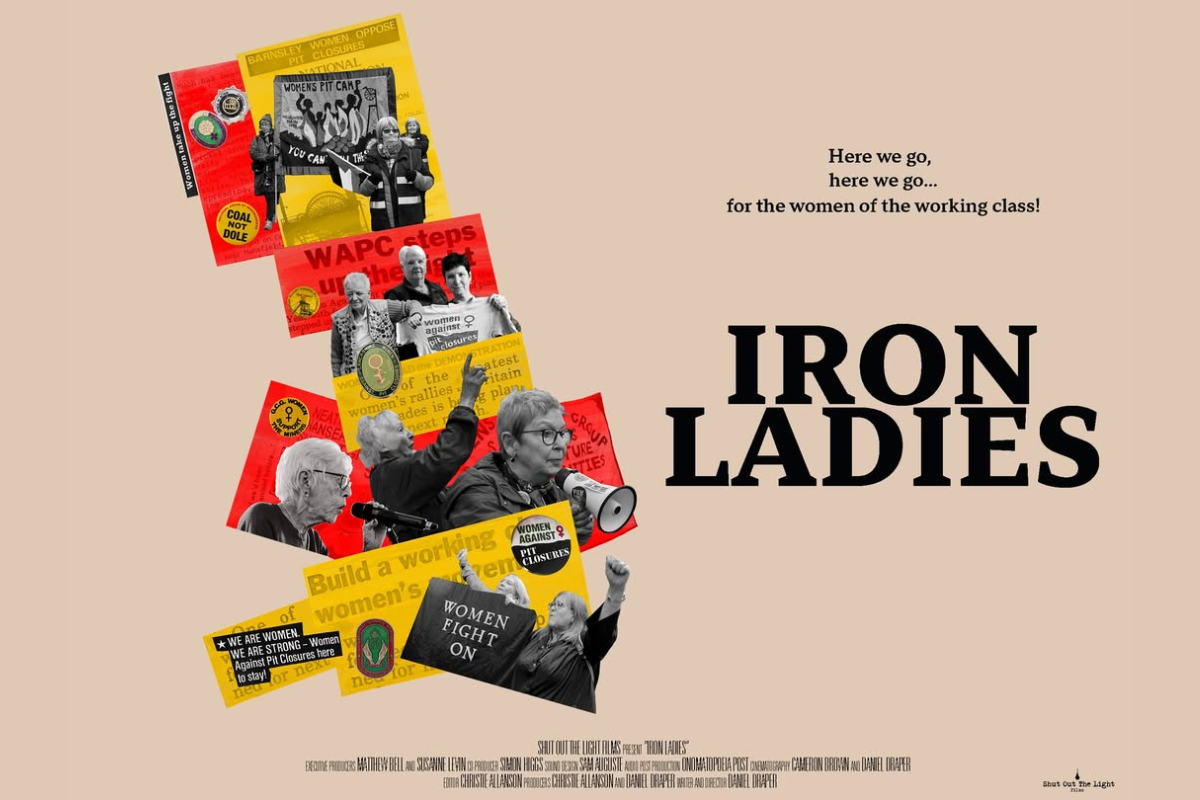The two-year long review into the policing of the 1984-85 miners’ strike in Scotland is finally coming to fruition. The recommendation of the review is that hundreds of miners should be pardoned for convictions they received in the course of the strike. This conclusion is to be welcomed.
Many miners giving evidence to the review panel called for the review to go beyond policing itself. Those testifying have demanded that the review also examine collusion by the courts in the wrongful prosecution of miners. The call for pardons is a reflection of this reality.
Scandalously, however, miners with convictions prior to the strike have been excluded from these pardons. This is an outrage, which goes against the laws of natural justice.
What individual miners may have done before the strike has no bearing on the validity of the prosecutions during it. If my conviction is unsafe, so is that of my younger brother and every other miner who was fitted up by the police and the courts.
Class war
The miners’ strike was no ordinary struggle; no ordinary industrial dispute. It represented an act of premeditated class war, initiated by the ruling class against the grenadier guards of the labour movement.
Thatcher – partly motivated by a need for revenge for the humiliating defeats imposed on the Tories by the miners’ strikes of 1972 and 1974 – set out from the beginning to smash the miners’ union, the NUM.
This was a prelude to destroying the power and influence of British trade unions in general. Capitalism needed to break union power in order to attack the working conditions of the working class in general. The aim was to pave the way for ‘flexible’ working practices, such as zero-hours contracts, and to complete the privatisation agenda.
Selling off nationalised industries on the cheap to the private sector offered almost immediate and lucrative profits to the speculators and spivs of the capitalist class. The miners had to be defeated – and the full force of the state was used for this purpose.
Spurious charges
Ancient legislation was retrieved from the archives, dusted down, and used to great effect against flying pickets. For example, miners in Kent were arrested in their home county for attempting to drive hundreds of miles away to picket in the Nottinghamshire coalfield. They were charged with “behaviour likely to lead to a breach of the peace”.
Spurious charges – coupled with spurious statements given by police as ‘evidence’ – were used to criminalise miners all over the British coalfields. And these convictions were used, in turn, by the National Coal Board (NCB) to sack them.
My own dismissal letter stated: “You are hereby summarily dismissed in light of your gross misconduct which took place at Bilston Glen colliery.” No date, no details, no hearing.
I won my industrial tribunal. But the NCB – which had become British Coal in readiness for privatisation – refused to reinstate me. The bosses preferred instead to pay compensation, in order to keep out a “union agitator”.
I am proud to say I still have a framed copy of the bail conditions imposed on me by the Scottish courts. I regard it as a certificate awarded to me by the ruling class, for fighting on behalf of the working class.
Fight for justice
 The review panel consisted of: John Scott QC; former MSP and MP Dennis Canavan; former assistant chief constable, Kate Thomson; and Jim Murdoch, professor of public law at Glasgow University. They have generally done a great job in honestly presenting the evidence of wrongdoing by the Scottish state. However, there is little evidence to support their claim that policing has moved on considerably since the strike.
The review panel consisted of: John Scott QC; former MSP and MP Dennis Canavan; former assistant chief constable, Kate Thomson; and Jim Murdoch, professor of public law at Glasgow University. They have generally done a great job in honestly presenting the evidence of wrongdoing by the Scottish state. However, there is little evidence to support their claim that policing has moved on considerably since the strike.
Rather, this, and the exemption from pardon of miners with previous convictions, is merely a sop to appeal to the sensitivities of the SNP Scottish government, the courts, and the police. It is a betrayal of those miners whose treatment was equally unfair. It is another example of the limitations of reformism.
Nevertheless, the review highlights the pernicious role of the capitalist state, and how it can – and will – be used against the labour movement. Moreover, the awarding of pardons highlights the need to continue demanding similar reviews and pardons for those elsewhere; not least in the case of the Orgreave injustices.
The labour movement must continue fighting to demand justice for the miners and all victimised workers; and to bring to light the insidious role of the police, the courts, and the whole capitalist state.
We demand:
- A full pardon for all miners convicted during the strike.
- Compensation for miners sacked and blacklisted.
- A full public inquiry into the role of the police and the courts during the strike, with particular scrutiny of the Orgreave police riot.
- Prosecution of senior police officers and members of the judiciary who presided over wrong-doing.
- Establishment of a trade union commission to monitor interventions by the police and the judiciary in industrial disputes, with particular scrutiny of the use of undercover officers and the security or secret services.






